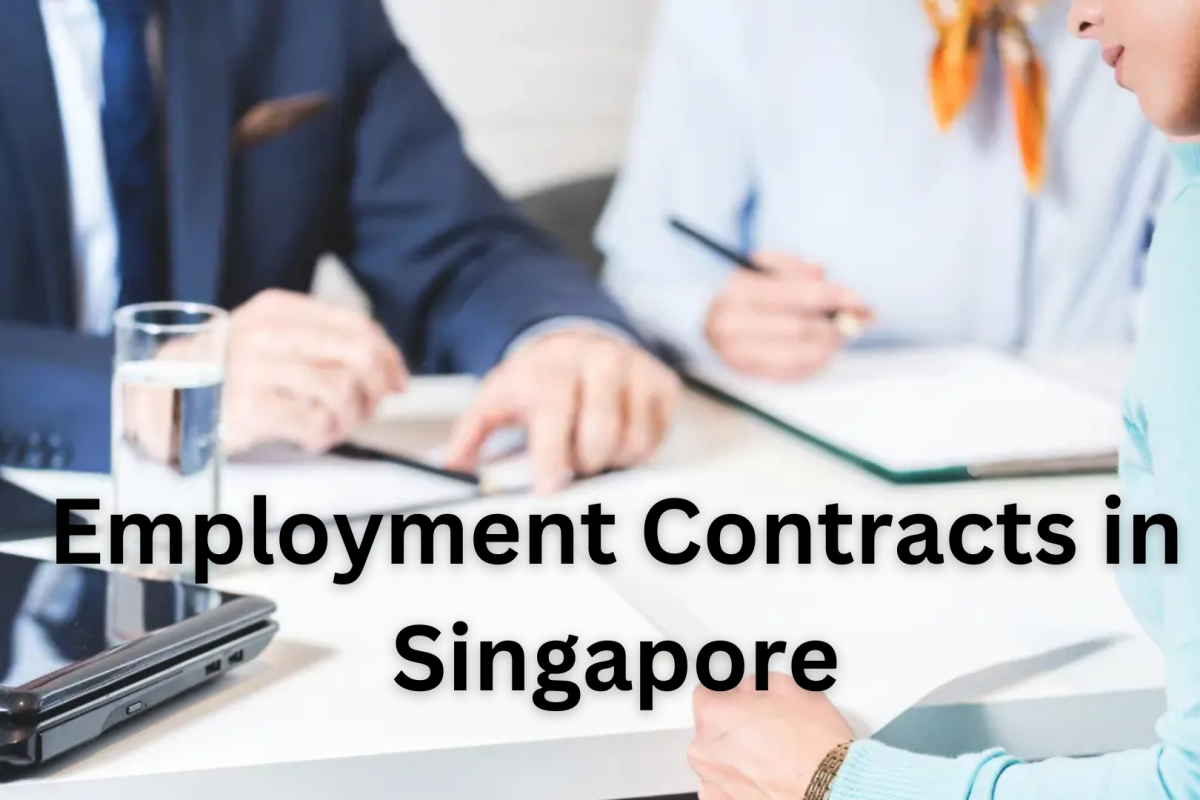Understanding employment contracts in Singapore is essential for companies hiring in this competitive and regulated market. These contracts define the terms of the employer-employee relationship, setting out obligations, rights, and expectations. Here’s a detailed guide to navigating employment contracts in Singapore:
1. Initiating the Employment Contract 🚀
Offer and Acceptance: An employment contract in Singapore is formed once the offer is accepted by the employee, typically in written form, to ensure clarity and enforceability.
Contract Documentation: Employers are advised to provide a written contract that outlines the core terms, particularly for roles with specific hours, pay, or responsibilities.
Probation Period: Probation is common and typically lasts three to six months. During this period, either party can end the contract with shorter notice, although it must be stated clearly within the agreement.
2. Key Elements in Employment Contracts 📝
In compliance with Singapore’s Employment Act, the following components are essential:
Job Title & Responsibilities: Clearly outline the position, key duties, and performance standards.
Working Location & Mode: Specify whether the role is on-site, remote, or hybrid.
Type of Employment: Contracts may be full-time, part-time, or temporary, with each type affecting statutory entitlements.
Work Hours: The typical workweek is 44 hours, with any work exceeding these hours qualifying for overtime (1.5x the normal rate).
Probation Period: Generally three to six months; specify if different.
3. Compensation and Benefits 💵
Contracts in Singapore must clearly outline salary structures and any additional benefits. Here’s a sample breakdown:
Component | Details |
|---|---|
Base Salary | Fixed monthly salary |
Overtime Pay | 1.5x for work over 44 hours |
Annual Bonus (13th Month) | Often provided, depending on the company’s performance |
CPF Contributions | Employer contributions to employee CPF (17% for citizens and PRs under age 55) |
CPF (Central Provident Fund): Employers must contribute to CPF for Singaporean citizens and PRs, covering retirement, healthcare, and housing.
Overtime: The Employment Act mandates that non-managerial employees working beyond 44 hours per week receive overtime pay.
4. Leave Entitlements 📅
Singapore’s employment law mandates several forms of leave, which should be clearly stated in contracts:
Annual Leave: Minimum of 7 days for first-year employees, increasing with years of service.
Public Holidays: Employees are entitled to 11 paid public holidays per year.
Sick Leave: Entitlement varies based on service, generally 14 days with a medical certificate.
Maternity & Paternity Leave: Female employees receive 16 weeks of paid maternity leave, while male employees are entitled to 2 weeks of paid paternity leave.
Shared Parental Leave: Allows fathers to share up to four weeks of the mother’s leave.
5. Social Security Contributions 💼
CPF contributions are mandatory, benefiting employees with healthcare, housing, and retirement security.
Employer’s CPF Contribution: Around 17% for employees aged 55 and below.
Employee’s CPF Contribution: Ranges from 20% based on age and income.
Note: CPF contributions are specific to citizens and permanent residents.
6. Termination, Notice Periods, & Severance ⚖️
Termination protocols under Singapore law require clarity in contracts:
Notice Period: Typically 1 week for employment under 2 years, increasing with service duration.
Redundancy & Severance: Severance is generally not mandated but may be offered based on company policy.
Dismissal for Cause: Must follow fair procedures, including a review or inquiry.
7. Non-Compete & Confidentiality Clauses 🔐
Contracts often include restrictive clauses to protect business interests:
Non-Compete Agreements: Should be reasonable in duration, geographic scope, and limited to legitimate interests.
Confidentiality Clauses: Necessary to protect sensitive information, especially for roles involving proprietary data.
8. Data Privacy Compliance 🔍
Under Singapore’s Personal Data Protection Act (PDPA), employers must handle employee data responsibly:
Data Collection Consent: Obtain employee consent for data use and specify the purposes.
Data Security: Implement measures to secure personal data, with access limited to authorized personnel.
9. Additional Background Checks & Legal Requirements 🏥
Background checks are permissible but must respect privacy standards:
Criminal & Credit Checks: Allowed only for roles with relevant requirements. Consent from employees is mandatory.
Health Assessments: Can be conducted for specific roles, especially those requiring particular health standards, provided that consent is obtained.
10. Labor Relations and Collective Agreements 🤝
Understanding Singapore’s labor relations landscape is essential, as unions and collective agreements can influence employment terms and dispute resolutions.
Conclusion: How GlobainePEO Can Help with Employment Contracts in Singapore🌐
Drafting employment contracts that comply with Singapores’s labor laws can be complex, but GlobainePEO is here to help. From creating compliant contracts to managing payroll and statutory contributions, we’re ready to support your expansion into Singapore.

